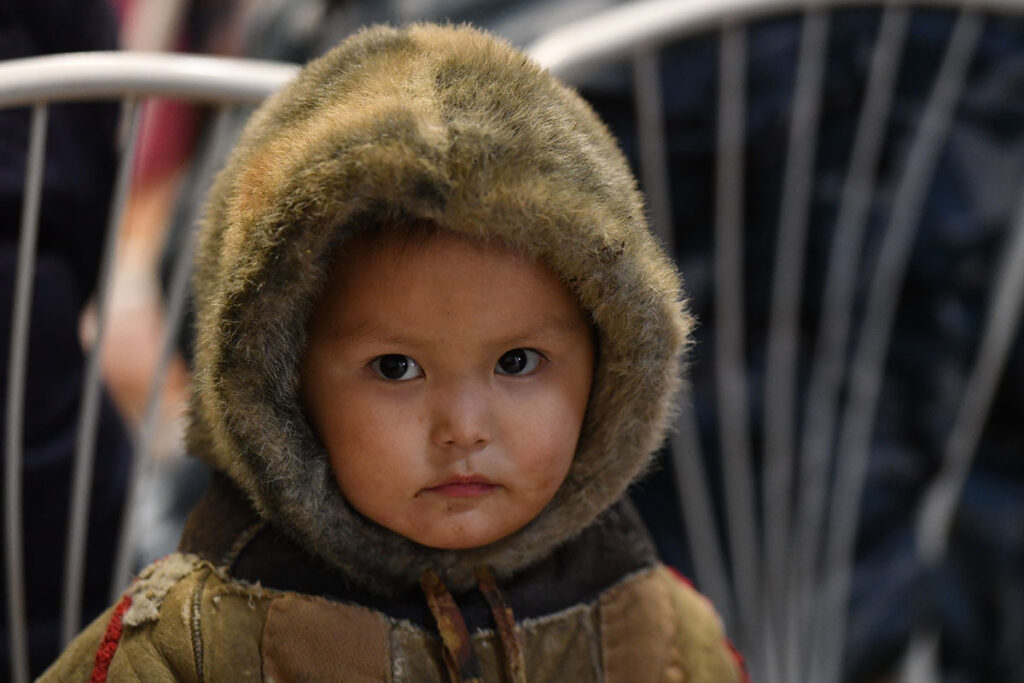
Obtaining from Indigenous Nenets people living in Tukhard village their free, prior and informed consent of the resettlement and development program of Tukhard in 2026, caused by dangerous proximity of industrial facilities to residential buildings, by the dilapidation of these buildings, as well as in accordance with the law and regulations of the supervisory authority.
Indigenous People independently, without pressure, in accordance with their own collective decision-making procedures based on cultural characteristics, decide on issues raised under the FPIC procedure. The freedom to make a decision also includes the right to withdraw from the FPIC procedure. At the same time, this freedom is limited by the Russian legislation and safety rules.
The FPIC procedure is carried out in advance, leaving sufficient time to obtain and study information, conduct additional consultations, elect authorized representatives to participate in consultations and negotiate, make comments at all stages of the process. The company informs the participants in the FPIC procedure about all meetings, important events or changes in advance, using all available communication options. Despite the fact that a number of actions were taken by the company prior to the FPIC procedure, including consultations with local residents about the location of the new village, no other important actions were taken and no decisions were made that could question the forthcoming FPIC procedure. All subsequent actions will be taken within and after the completion of the FPIC procedure, including the holding of an open all-Russian competition for development of an architectural and planning concept of Tukhard village. The resettlement itself, if agreed, will take place in 2023.
Indigenous People receive complete and reliable information about the resettlement program, all its stages, proposed alternatives, methods and rules of the FPIC procedure, grievance and follow-up measures. Indigenous People should be informed of their rights, laws, international instruments and standards relevant to the FPIC issue. All information should be communicated to Indigenous People in a form that will provide an opportunity to study it in advance. If necessary, the materials or part of them should be translated into indigenous language (Nenets); a qualified interpreter should be present at the meetings and consultations within the FPIC procedure. Indigenous People should have the opportunity to ask questions orally and in writing to comment on the materials and documents provided and make their own suggestions. The main objective of this principle is that information is accessible, understood and analyzed by representatives of Indigenous People.
As part of the FPIC process, the company informs the public as widely as possible. The company identifies all vulnerable groups and uses every opportunity to take their views into account. These groups may include the elders, youth, women, children and Indigenous People with disabilities. The company also identifies and informs stakeholders such as communities, non-governmental organizations, umbrella structures, ombudsmen, councils of authorized representatives, councils of elders, residents registered in Tukhard but leading a nomadic lifestyle, as well as temporarily absent residents of the village.
The resettlement and development program for Tukhard village of Karaul rural settlement situated in the Taimyr Dolgan-Nenets municipal district of the Krasnoyarsk Territory makes provision for designing and construction of residential buildings and modern infrastructure to ensure high-quality living conditions, preserve culture and self-realization.

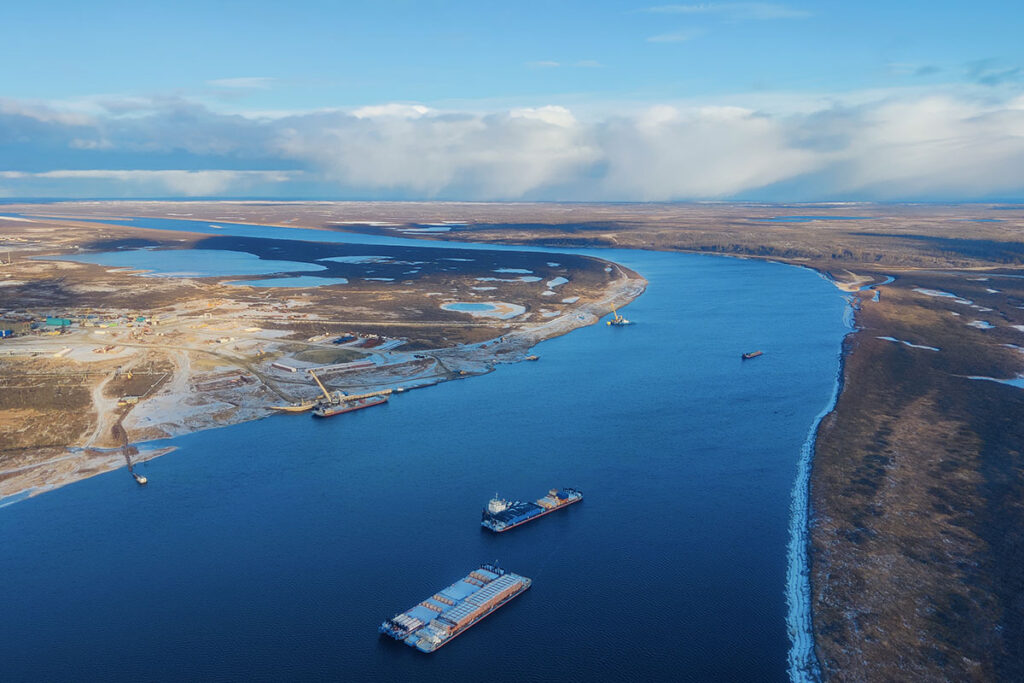
As a result of the Program implementation, residents of Tukhard village will have an opportunity to move to modern family dwellings built in accordance with climatic conditions of the Far North. The current residential premises are located on the territory of projected sanitary protection zones with production facilities of JSC “Norilsktransgaz” (belongs to the Norilsk Nickel group of companies). Another resettlement reason is a very poor condition of current residential premises:
The resettlement and development program of Tukhard village is a subject of obtaining free, prior and informed consent given by its residents. If such consent is agreed, the program will be approved by the joint decision of the company and an authorized body formed by the residents of Tukhard.
The developed Program foresees a decisive role of the villagers in:
1. Formation of a high-quality living environment on the Tukhard village territory
Bids for the architectural and planning concept should ensure a quality living environment with high functionality and aesthetic appeal meeting international standards. Bids must serve day-to-day household needs of users and comply with the following requirements:
2. Considering ethno-cultural characteristics of the territory
When developing the architectural and planning concept, bids should take into account ethno-cultural characteristics of the Indigenous population - the Nenets People, as well as their livelihood conditions, traditional land use, lifestyle and social customs.
3. Originality of architecture and aesthetics of residential buildings
Architectural solutions should form a recognizable image of the territory and follow the principles of compositional and conceptual unity, integrity of architectural and landscape design. In terms of stylistic unity, bids should include recommendations for a unified design code with a variety of architectural and design solutions: the original visual character of constructed objects and functional areas, variety of facades, color zoning, local lighting, and others.
4. Adaptability of suggested solutions to special environmental conditions, including special constructing conditions
When shaping the environment and choosing locations for capital constructions, bids should take into account unfavorable climatic conditions of Tukhard: high snow and wind loads, presence and uneven distribution of permafrost, short vegetation season, polar night and other features. All of the above-mentioned affect the choice of architectural and planning solutions.
5. Eco-oriented design
Bids for the architectural and planning concept should be based on an environmentally friendly approach, including the choice of:
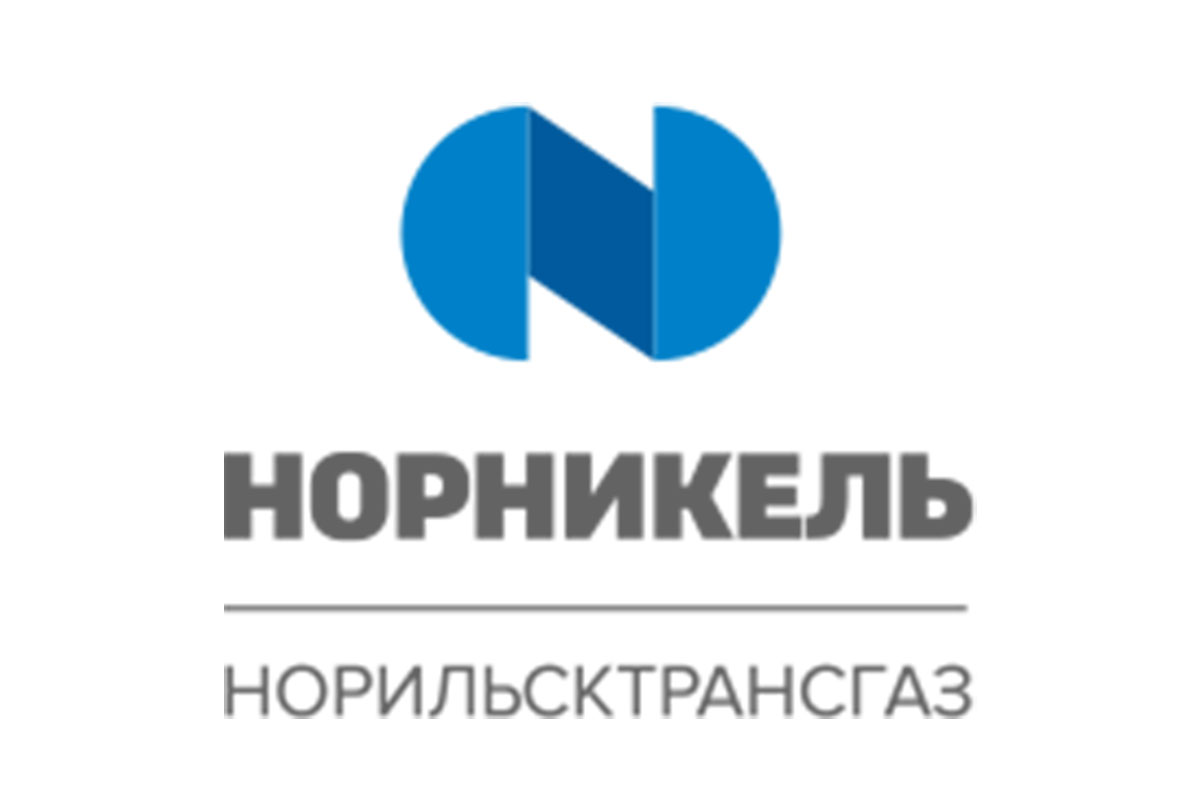
Initiator of the FPIC procedure
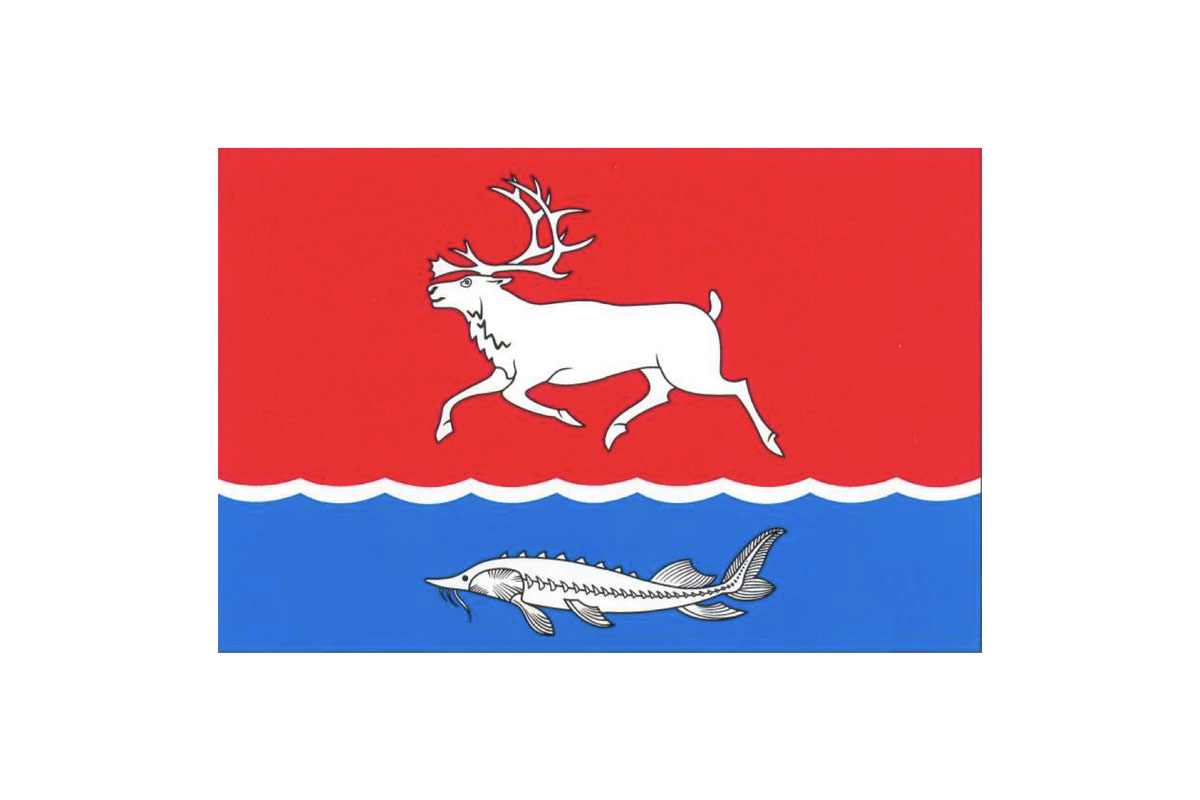
Holders of the right to agree or refuse to participate in the Resettlement and Development Program of Tukhard
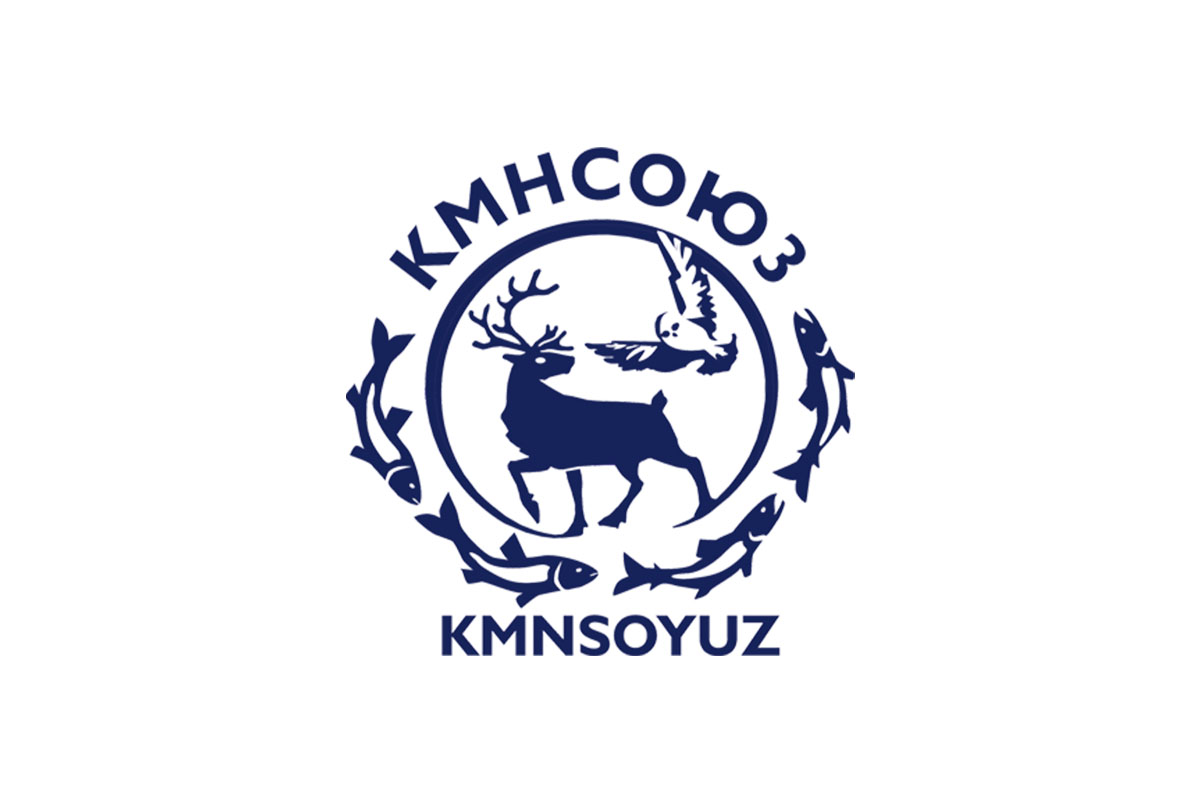
Technical organizer of the FPIC procedure, provides organizational and methodological assistance to experts, and also provides direct expert consultations with the local population.
Ensure compliance of the FPIC procedure with international standards and Russian legislation in the field of Indigenous Peoples’ rights
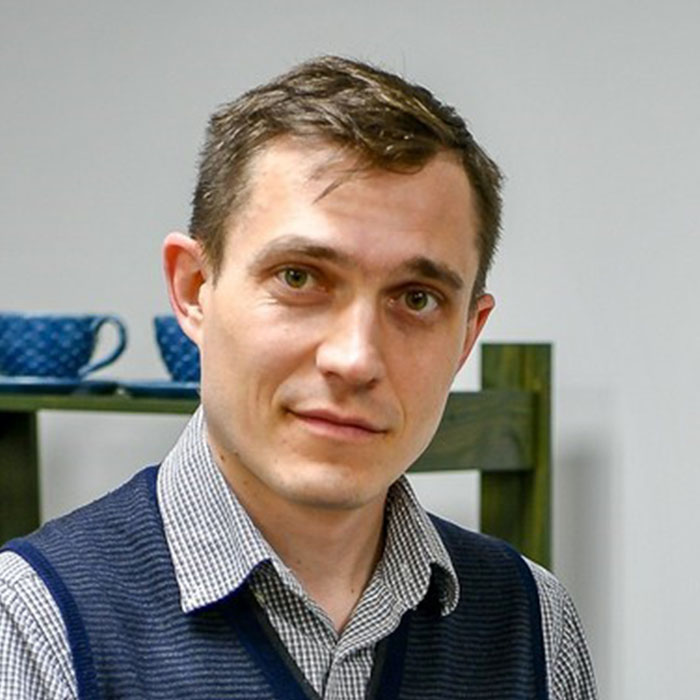
Deputy Chair of the United Nations Permanent Forum on Indigenous Issues
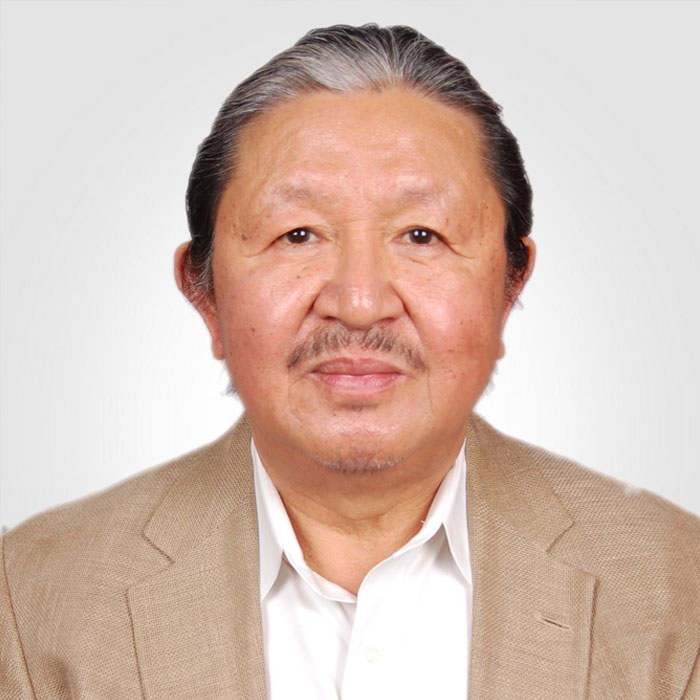
Consultant, Corporate Advisor to the World Bank on Indigenous Issues 1999-2012, author of the current UN and IFC policies on Indigenous Peoples' rights (Nepal)
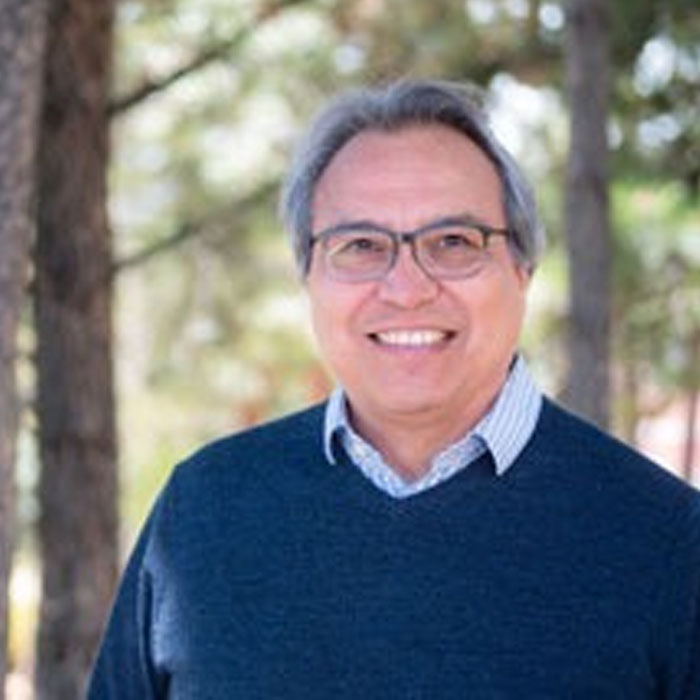
Professor Emeritus at the University of Colorado, United Nations Special Rapporteur on the Rights of Indigenous Peoples 2008-2014 (USA)
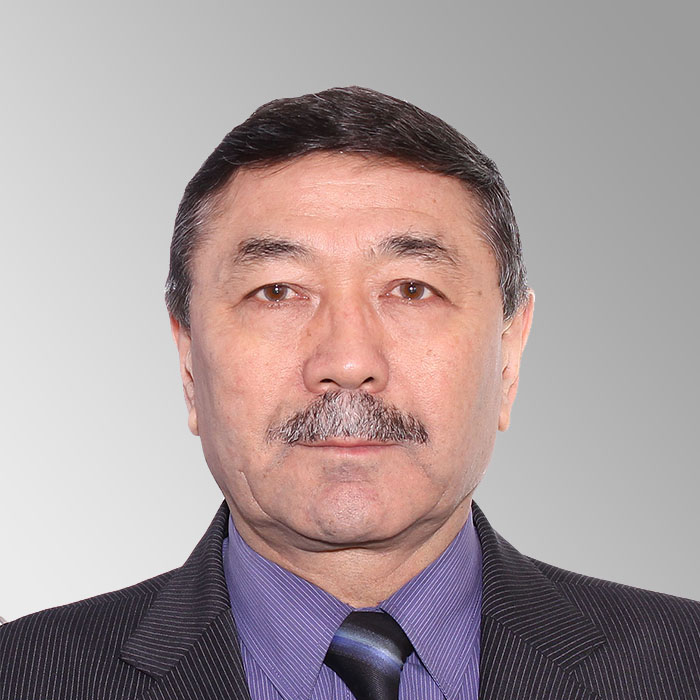
Lawyer, expert on the Rights of Indigenous Peoples, head of the Public Movement "Council of Elders of the Shor People" in the Kemerovo Region

Member of the Expert Mechanism on the Rights of Indigenous Peoples (EMRIP), member of EMRIP, Executive Director of the Union of Indigenous Peoples "SOYUZ"
Юрист в сфере защиты прав коренных малочисленных народов, исполнительный директор МОО «КМНСОЮЗ»
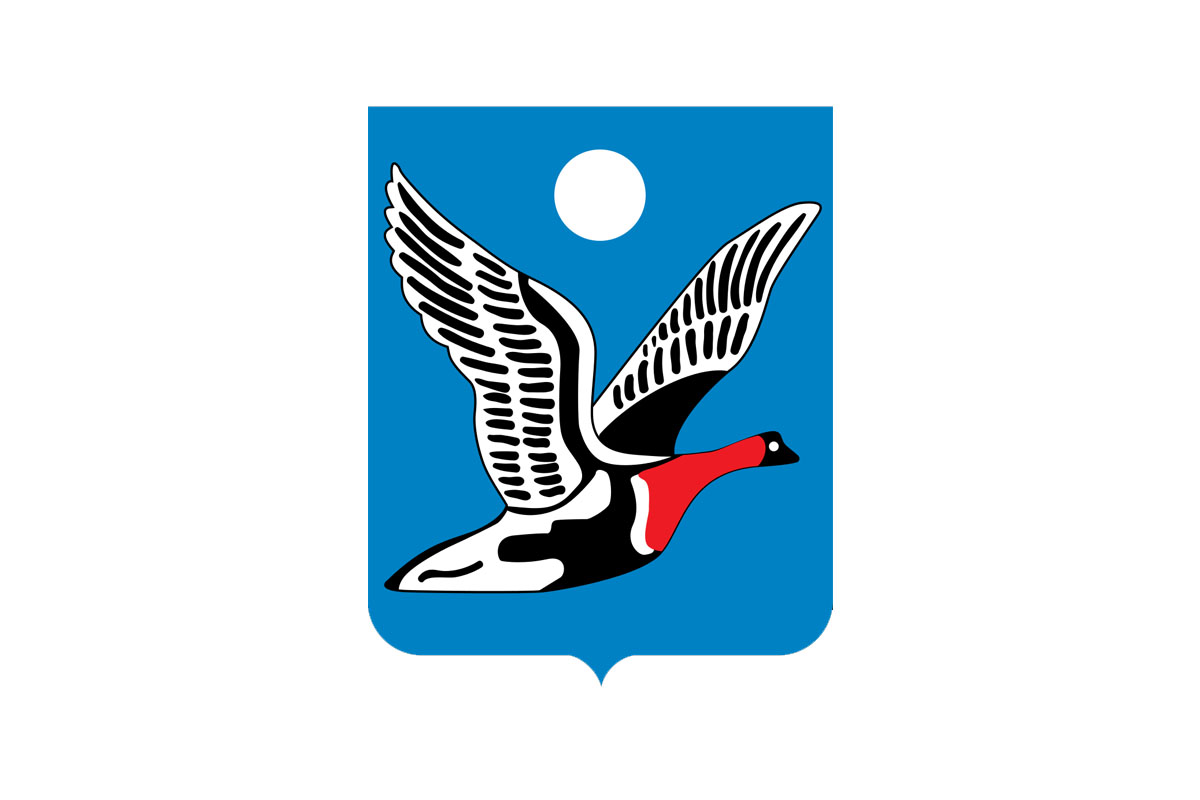
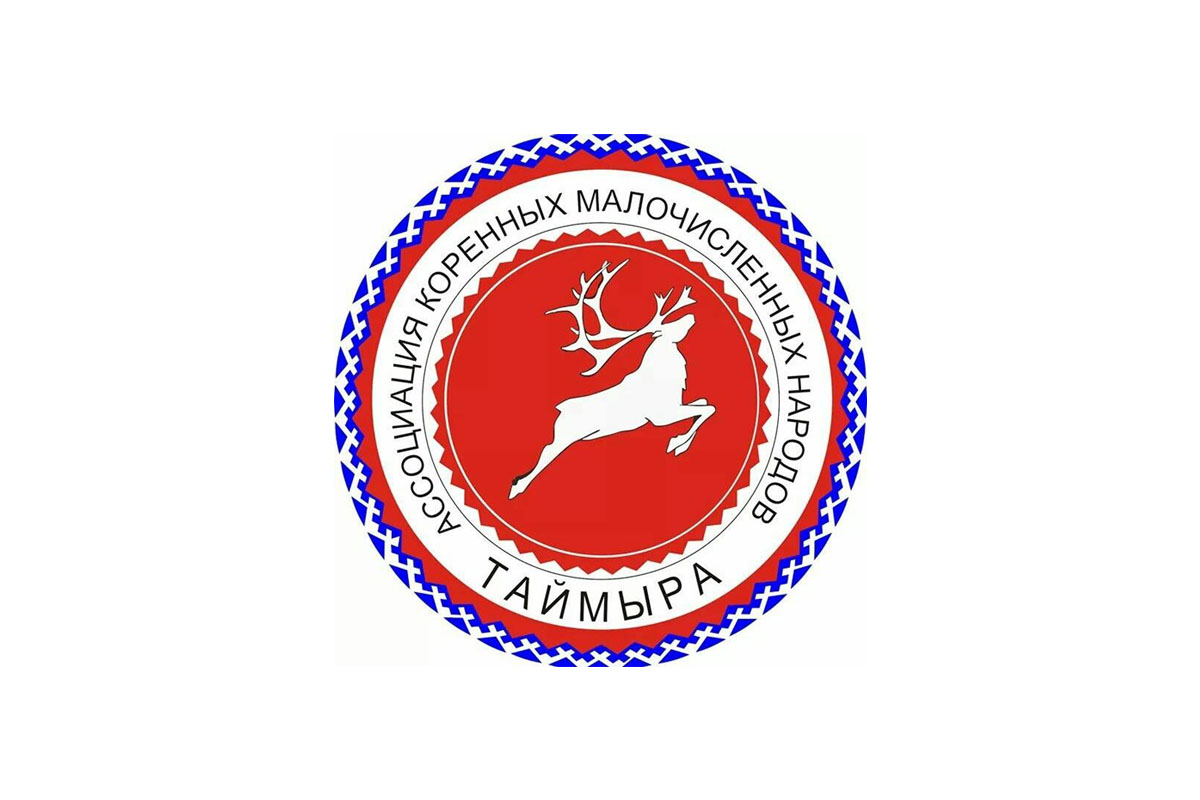
Firstly, despite the fact that the legislation on sanitary protection zones does not imply people’s residence in dangerous areas, implementation of the resettlement and development program of Tukhard village can only take place with the consent of its residents. The FPIC procedure is carried out in connection with this program, which gives residents an opportunity to influence the proposed program and set their own priorities at all stages of its preparation and implementation. In accordance with the legislation, none of the village residents will be able to live within the sanitary protection zone. However, this does not negate their right to say no to participation in the specific resettlement and development program proposed by Norilsk Nickel Company. Nevertheless, if residents do not give their consent to the implementation of the program, their housing rights will still be respected in accordance with the Russian legislation.
Secondly, if residents give their consent to the resettlement and development program, it can give more opportunities than housing. Residents will collectively choose a place for a new village on their own and determine its infrastructure. The program will take into account opinions of the people who do not have any housing but are registered in the village. The new village can provide development opportunities for all people associated with Tukhard.
Thirdly, the deadline for the program implementation is 2026, and the deadline for creation of sanitary protection zones is 2022; therefore, there is every reason to comply with FPIC principles, including its preliminary nature.
And finally, the choice of the resettlement location will be carried out exclusively in accordance with the will of the residents themselves. Based on currently discussed options for the new location, the resettlement will take place within the territory of traditional residence near the village of Tukhard, within its existing boundaries.
The first round of direct consultations as a part of the FPIC procedure in Tukhard took place from 11th to 14th of October 2021. It included information on the FPIC procedure and Indigenous Peoples’ rights, sociological research and identification of vulnerable population groups.
The second round of direct consultations took place on 26 and 27 November 2021 and resulted in the agreement by the residents of the village of Tukhard to the procedure of obtaining FPIC for participation in the Resettlement and Development programme of Tukhard. The villagers also received information about the upcoming census, and elected the Council of Representatives as a decision-making body for the FPIC procedure.
The third round of direct consultations between residents of Tukhard village and JSC “Norilsktransgaz” with participation of independent experts took place on March 3 and 4, 2022. The company “Norilsktransgaz” and the Council of Representatives of Tukhard Village signed an Agreement on Free, Prior and Informed Consent to the Resettlement and Development Programme of Tukhard. Based on the information gathered on two possible construction sites for the new settlement of Tukhard, the residents made their choice in favor of one of them.
The Agreement on Free, Prior and Informed Consent to the Resettlement and Development Programme of Tukhard Village is a result of a five months-long process of negotiations and consultations between the company and the villagers, where a group of independent experts on the rights of indigenous peoples also took part. The parties to the Agreement are JSC “Norilsktransgaz” and the Council of Representatives of Tukhard village. The Agreement has enshrined the rights and obligations of the parties, terms for the implementation of the Resettlement and Development Programme, measures to monitor its implementation and conditions for giving consent. The Agreement has provisions for the direct participation of the villagers in implementation of the resettlement program at all its stages. The system of mechanisms for two-way communication, submitting applications for new housing and handling grievances is spelled out in detail. The Agreement also includes guarantees on the new housing quality, on construction of social infrastructure and on maintenance of support facilities in the village. The rights of those residents of the village who would like to receive housing in other settlements of Taymyr are respected. The Agreement also takes into account the interests of nomadic reindeer herders living in the Tukhard tundra and maintaining close social, family, economic and cultural ties with the village. The Agreement enshrines the mechanism for an independent assessment of compliance with the conditions prescribed, full and timely access of Tukhard residents to the necessary information and the possibility of revising the Agreement in case of any violations or change of circumstances. An important element of the agreement is a commitment of the parties to a mutually respectful and equal cooperation. Notably, the company strives to enhance the capacity of the Council of Representatives of Tukhard Village.
The Tukhard village of the Karaul rural settlement (Taimyr Dolgano-Nenets municipal district, Krasnoyarsk Territory) was formed in the 70s of the 20th century due to construction of the Messoyakha-Dudinka-Norilsk gas pipeline. The village served initially as a transshipment base for Norilskgazprom. The temporary buildings constructed to accommodate Norilskgazprom employees during the pipeline construction were not dismantled timely. After a while they were occupied by Indigenous Peoples of Taimyr, who had previously led a nomadic lifestyle (reindeer herding). Later, these buildings were officially recognized as a village with the same name as the field Tukhard.
The capital development started in this area in the 1970s. However, the Nenets settlement Kisly Cape was located here long before this time, which means that the area was known and used by Indigenous People for living and traditional economic activities.
At the moment, the village consists of 105 dilapidated objects and structures (beams, "barrels"), adapted and used by Indigenous People as housing facilities. Despite the fact that these objects were not built for permanent residence, they have the legal status of real estate objects and their owners reside here on the social housing basis. The buildings are in an unsatisfactory condition, and most of them are in emergency. Heat and water supply networks, sewerage systems and electrical networks of these residential buildings are in the same condition. Built as temporary, these objects cannot be repaired. According to preliminary data, about 350 people live in the village permanently, more than 1,000 people have a household registration in the village, and most of them have a nomadic, traditional way of life, live in the tundra and have no housing in the village. Despite this, reindeer herders periodically visit Tukhard, having close ties with the settlement, staying with local residents - relatives and friends, using the village to sell reindeer products, and also using the helicopter airport for travel to other settlements.
In accordance with the Russian legislation requirements and with the order of the prosecutor's office, a Sanitary Protection Zone will be established around the industrial infrastructure in 2022, within which people cannot reside. In this regard and to follow the Russian legislation, the company as an owner of the industrial infrastructure undertakes obligations to relocate the residents of Tukhard village.
Many residents of Tukhard village are representatives of Indigenous small-numbered people of the North. They are legally guaranteed additional rights and preferences in order to protect and preserve their language, culture and traditional way of life. Moreover, Russia and other UN member states approved in 2014 the final document of the World Conference on Indigenous Peoples, held in the format of a high-level meeting of the UN General Assembly. The final document underlines the commitment of states to achieve the goals of the UN Declaration on the Rights of Indigenous Peoples. This international document is fundamental to the rights of Indigenous Peoples, it establishes the need to obtain free, prior and informed consent of Indigenous Peoples in cases of their involuntary resettlement.
In this regard, when preparing the resettlement program for the village of Tukhard, it is necessary to consider provisions of the Russian legislation on Indigenous Peoples, as well as international standards in the field of Indigenous Peoples’ rights and the company's obligations to build trust and long-term relationships with Indigenous Peoples. These obligations, including those stipulated by the international certification of the International Council on Mines and Metals (ICMM), were taken by the company on a voluntary basis and with the aim for sustainable development of Indigenous Peoples. By preparing the Tukhard resettlement project, the company decided to follow the procedure for obtaining free, prior and informed consent in accordance with the UN Declaration on the Rights of Indigenous Peoples.